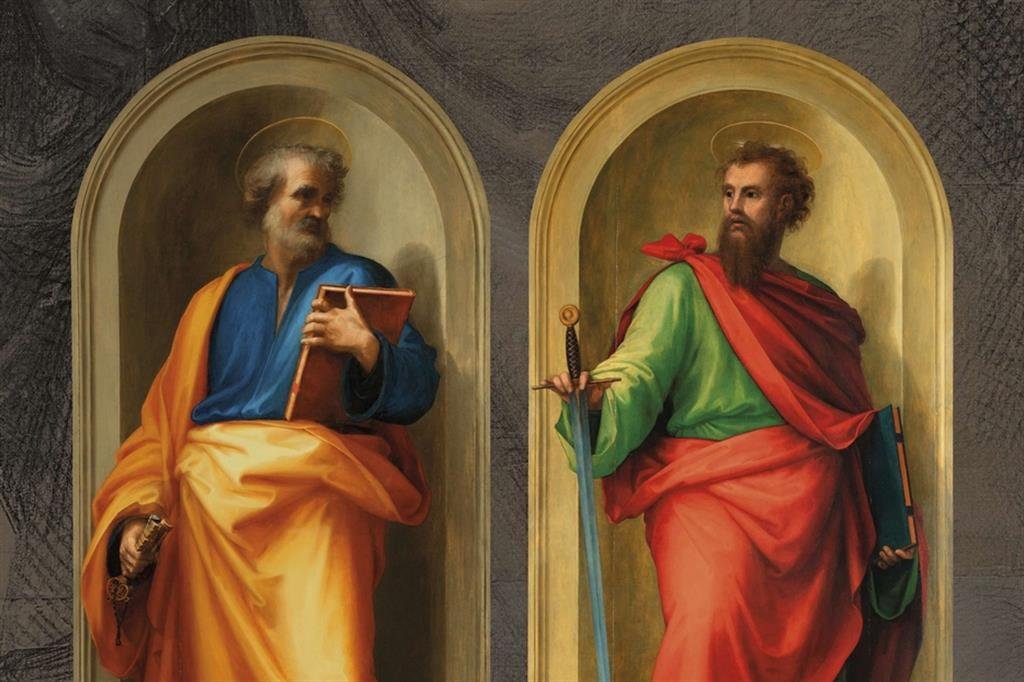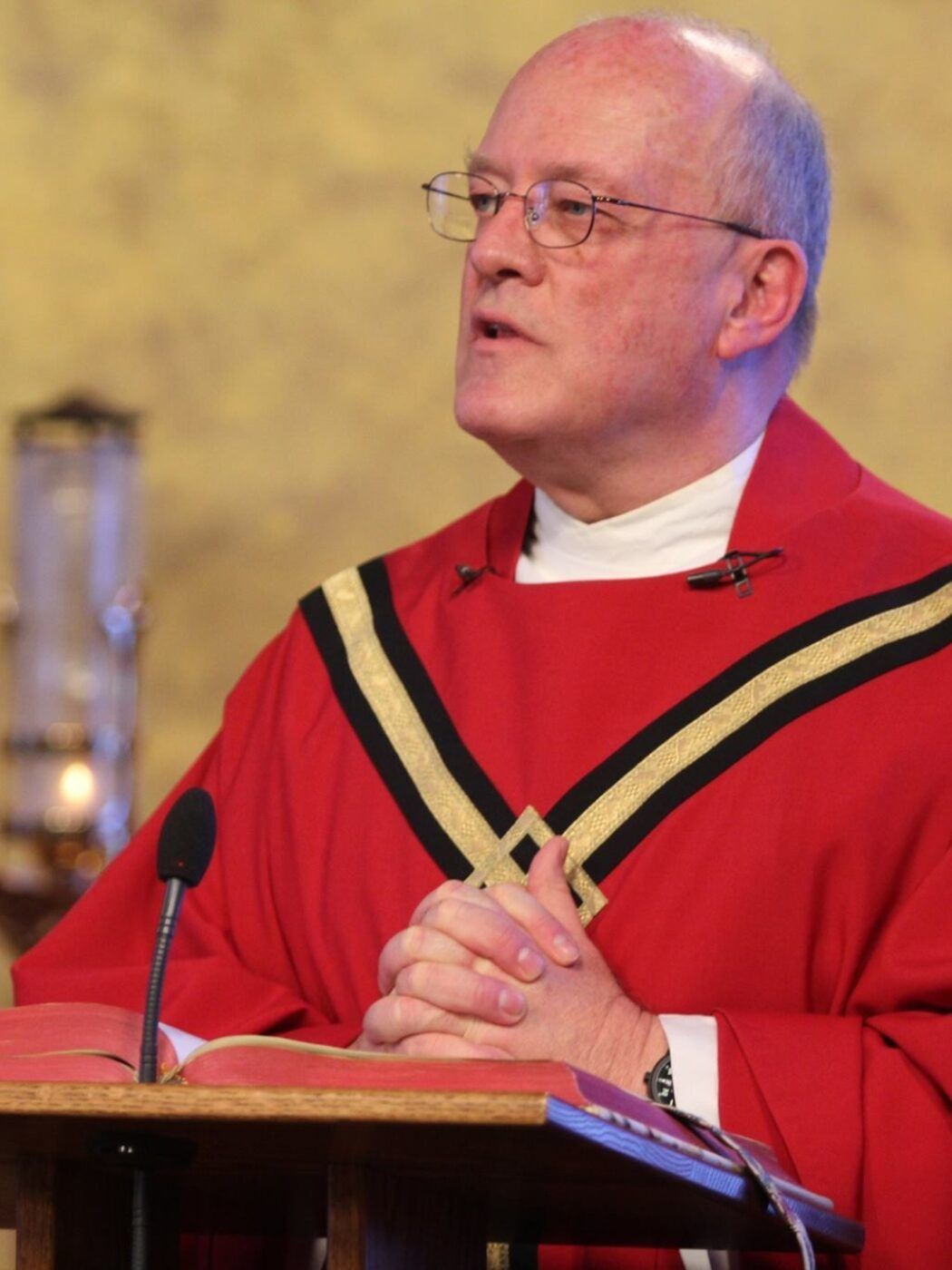Unity is strength. This principle is appropriate as we give thanks to God in observing the solemnity of the two great apostles, Peter and Paul. During their lifetime, Peter and Paul did not work so closely together. Peter was called directly by Jesus and given “the keys of the kingdom.” He is often portrayed carrying a set of keys. Paul, on the other hand, probably never met Jesus face-to-face. Once a persecutor of the church, Paul’s conversion came about through a vision he experienced on the road to Damascus. His inspiration and his style of presenting the gospel came from visions and charismatic experiences. In works of art, Paul is sometimes portrayed carrying a sword or a book. Peter and Paul were so different that Peter was surnamed the Apostle of the Jews and Paul the Apostle of the Gentiles. Paul even once had a public disagreement with Peter on whether Jewish Christians could eat together with Gentile Christians.
But, if Peter and Paul did not agree in life, they did agree in death. Both suffered the same kind of death (martyrdom) in the same city (Rome) at about the same time, between 64-67 a.d. It is no wonder that since apostolic times, The Church has recognized Peter and Paul as the two pillars of the Church of Christ. It is no wonder that ancient icons often depict Peter and Paul as standing side-by-side with each one extending their hand as they bear up the church. By depicting the two of them together in one icon – united in lifting up the church – the message is sent to us, who call ourselves Christians, that we, too, should be united – in spite of individual and local differences – in building up the one Church of God.

In the early Christian communities, there was a tendency to splinter into various factions as each claimed to follow the leadership of one of the chief apostles or missionaries. Paul noted this in his first letter to the Corinthians. The Corinthians were breaking up into followers of Paul, Peter, Apollos, and the like. Paul strongly reminded them that these human leaders were all equally servants of the one Christ. Christ, therefore, should be their focus and not their human leaders.
As Paul wrote…
So let no one boast about human beings, for everything belongs to you, Paul or Apollos or Cephas, or the world or life or death or the present or the future: all belong to you, and you to Christ, and Christ to God.
As division among believers was a problem in the days of Peter and Paul, it is even observed today. Like the Christians of Corinth, Christians today find themselves divided. The disunity of Christians is a scandal that weakens Christian witness to the world. How can Christian churches preach love and unity, forgiveness and reconciliation when they themselves are living in disunity, unable to forgive and reconcile themselves?
For that matter, even within the walls of the same church — our Catholic Church family, for example – it is possible to find visible cracks of disunity. Today, the faithful are quick to label themselves either conservatives or liberals. By combining the feast day of the apostles Peter and Paul, the Church invites her members to look beyond the conservative-liberal divide and discover a deeper level of unity in Christ.
The church of Christ needs the rock of Peter’s institutional leadership, as well as it needs the vitality of Paul’s charismatic vision. Christian unity, like the unity of Peter and Paul, is not a unity in uniformity but a unity in diversity. Today the church reminds us that – even though as individuals and as local parishes of the same faith communion, some will prefer the style of Peter and others that of Paul – we should not let that divide us since we are, first and foremost, followers of the one Lord Jesus Christ and children of one Father, God.
It was just over a decade ago, on his historic visit to the Holy Land, that Pope Francis met with the Ecumenical Patriarch Bartholomew. At the site of the empty tomb in the Basilica of the Holy Sepulcher in Jerusalem, the two of them prayed and renewed their commitment to advance efforts that, with God’s help, will one day bring forth unity between the great Christian Churches of the East and West. Like Saints Peter and Paul, they recognized that the truth of the gospel professed by the Church will only become credible in our world when pessimism, distrust, and fear are placed aside and every disciple of Christ lives in the unity made possible by God’s Holy Spirit. Only then will we know the fulfillment of Jesus’ prayer the night before he died that “all may be one.”
Saints Peter and Paul, pray for us.


